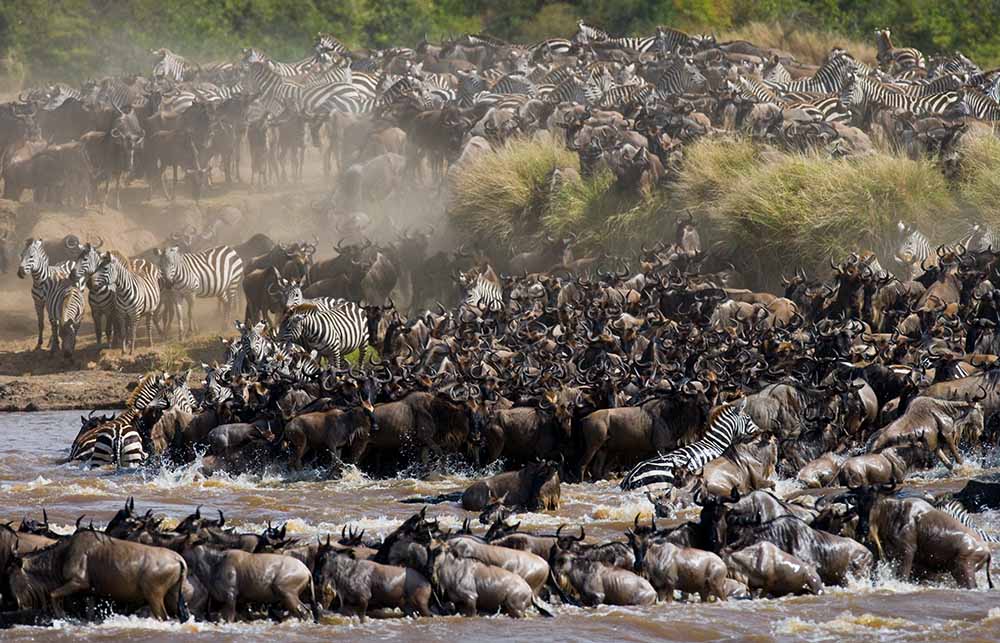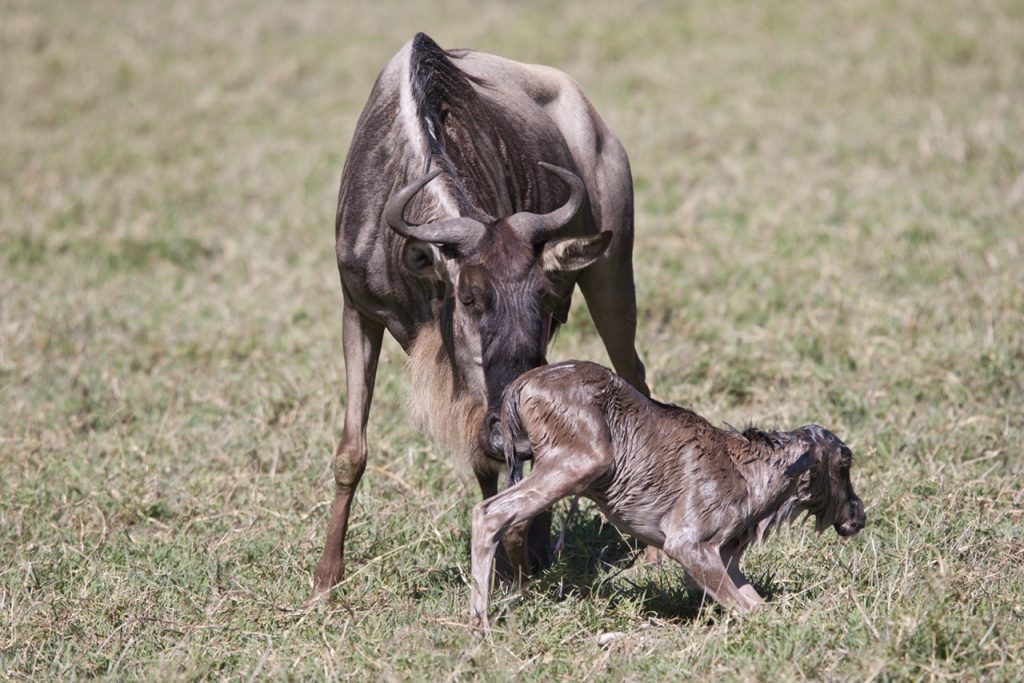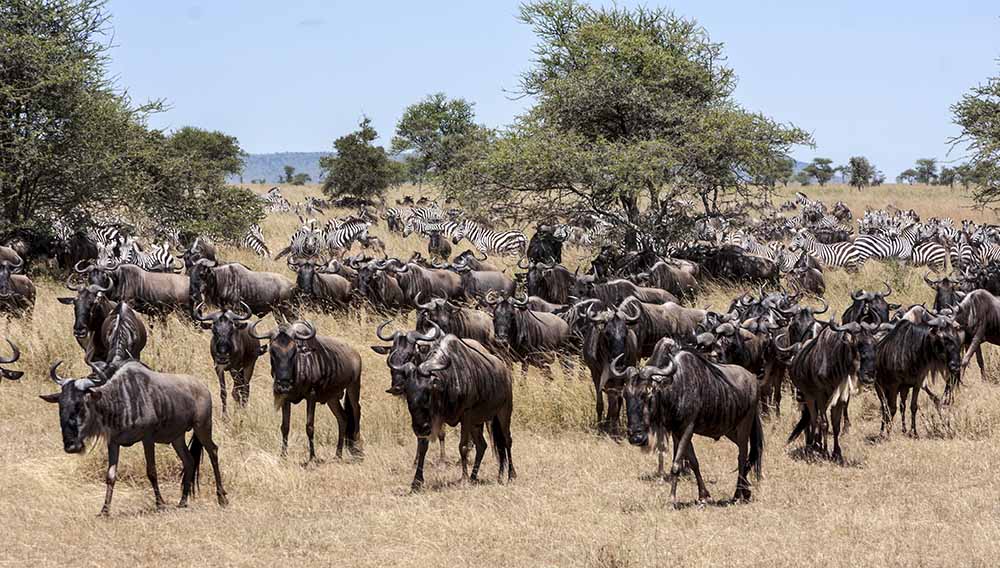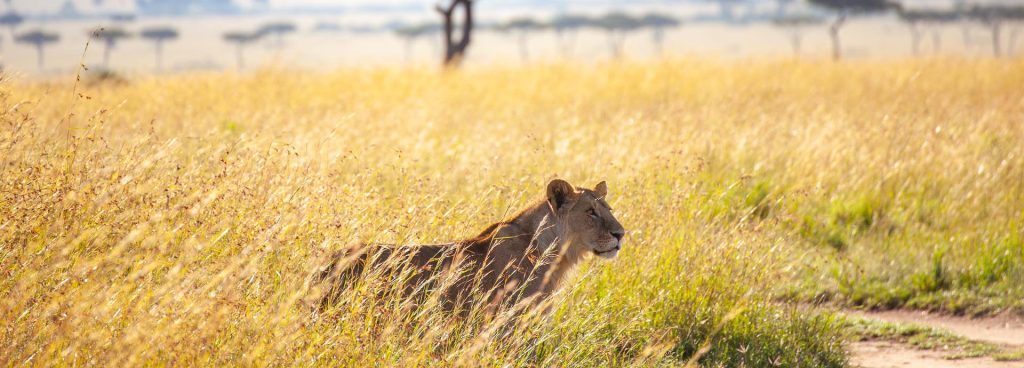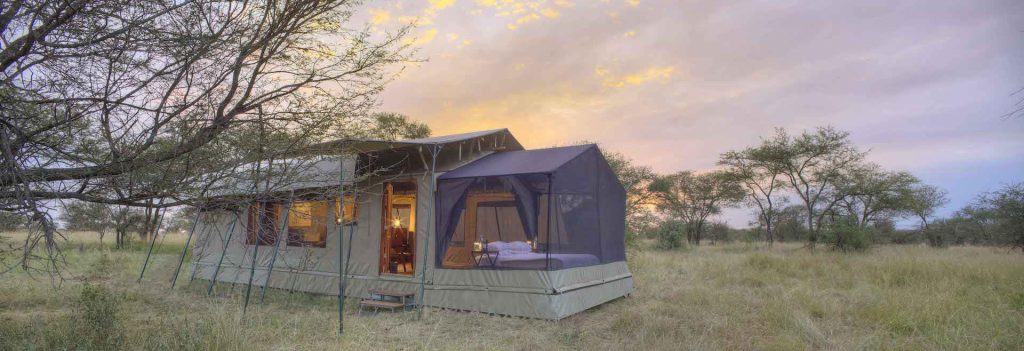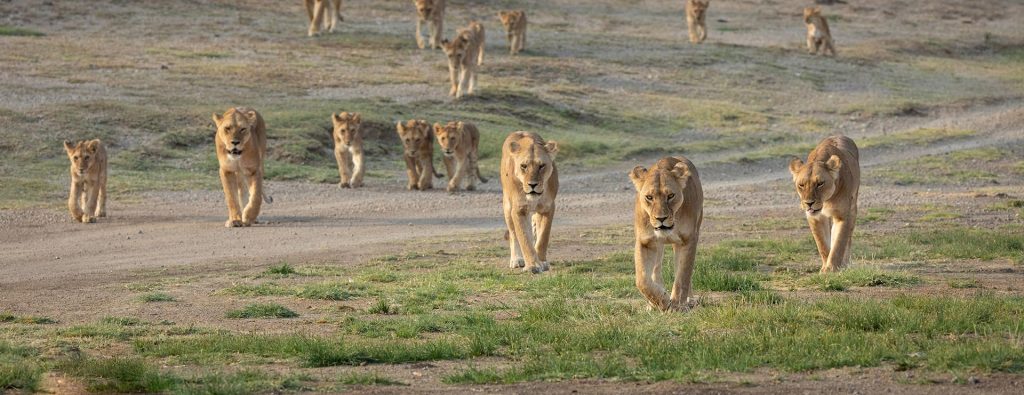Serengeti Western Corridor
The Western Corridor, or Serengeti west, is a stretch of land following the course of the Grumeti River from Serengeti Central for about 100 kilometers out towards Lake Victoria.
A pair of rivers, the Grumeti River and Mbalageti River, is the dominant geographic feature of the Western Corridor. These rivers run more or less parallel in a westerly direction, about 20 kilometers apart from each other.
About the Serengeti Western Corridor
Both the Grumeti and Mbalageti rivers support substantial chunks of riverine forests before emptying into Lake Victoria. Also, a few minor mountain ranges are found in the area. The Western Corridor is an aesthetically pleasing portion of the park and supports a sizeable spectrum of resident wildlife throughout the year.
The busiest period in terms of visitors is the May-July period which coincides with the Great Migration passing through the Western Corridor on their trek to the north. While the crossing of the Grumeti River may be lesser known compared to its northern counterpart, the crossing of the Mara River, but offers sightings just as exhilarating with the added benefit of fewer fellow visitors at the crossings. The Grumeti River is the first enormous obstacle for the herds to tackle.
The narrow stretch of land comprising the Western Corridor is flatter than the more northerly parts of Serengeti National Park. It is moister and more densely vegetated than the southern plains. The characteristic vegetation of the Western Corridor is park like woodland, dotted with areas of open grassland and dense stands of the whistling thorn (Vachellia drepanolobium).
Wildlife viewing in the Serengeti Western Corridor
Wildlife viewing in the Western Corridor is consistent throughout the year. The broken savannah south of the Grumeti River supports substantial resident populations of giraffe, wildebeest, elephant, zebra and other typical plains animals, and lion. The little-visited open grasslands north of the river are good for cheetahs. Serengeti balloon safaris are offered during the Great Migration season (from the beginning of June to the end of October).


